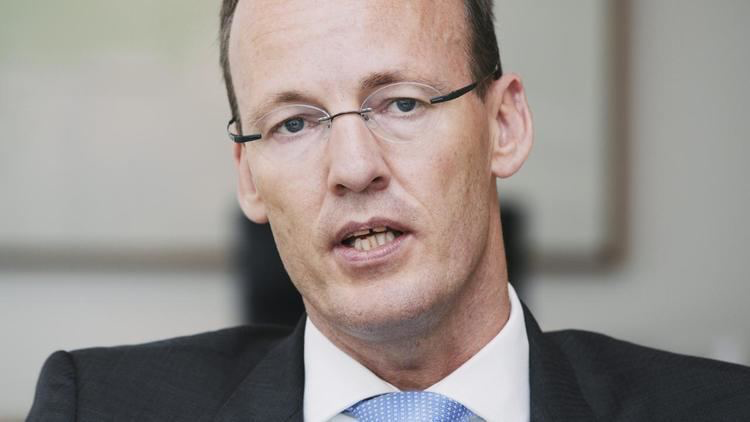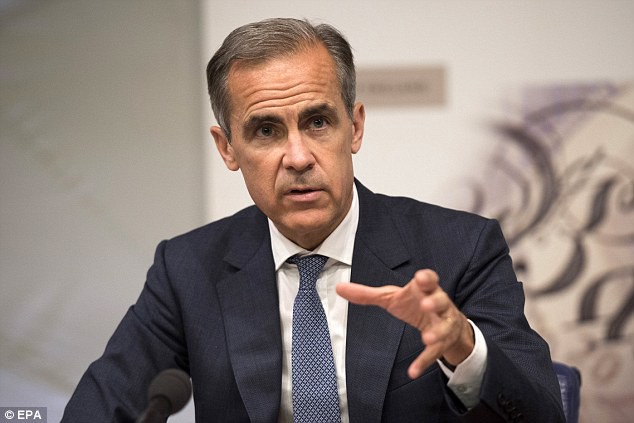On Thursday 24th May, the EU Commission revealed its first legislative package on sustainable finance, comprising three major legislative proposals as a follow up to the Action Plan adopted in March:
- A unified EU classification system
- Investors' duties and disclosures
- Low carbon benchmarks
Read more: Press Release, Fact sheet and FAQ or proceed to the EU website for further information.
Some background
The EU and governments around the world committed to the objective of a more sustainable economy and society when they adopted the Paris Agreement on climate change and the UN 2030 Agenda for Sustainable Development. The EU is already making a difference thanks to the EU 2030 Energy and Climate framework, the Energy Union, the Circular Economy Action Plan, and the EU implementation of the 2030 Agenda for Sustainable Development. This is at the core of the Union’s Capital Markets Union project.
Current levels of investment are not sufficient to support an environmentally-sustainable economic system that fights climate change and resource depletion. More private capital flows need to be oriented towards sustainable investments to close the €180-billion gap of additional investments needed to meet the EU's 2030 targets of the Paris Agreement. The Commission's first step was the Action Plan on Financing Sustainable Growth of 8 March 2018. The Action Plan was informed by the final report in January 2018 of a High-Level Expert Group on sustainable finance established by the Commission in 2016. The Commission also conducted a public consultation on institutional investors' and asset managers' duties regarding sustainability.
On 22 March 2018, the Commission organised a high-level conference to discuss how to best put the Commission's strategy on sustainable finance into practice. The conference confirmed the support and commitment of EU leaders and key private players for the changes needed in the financial system and the economy.


















